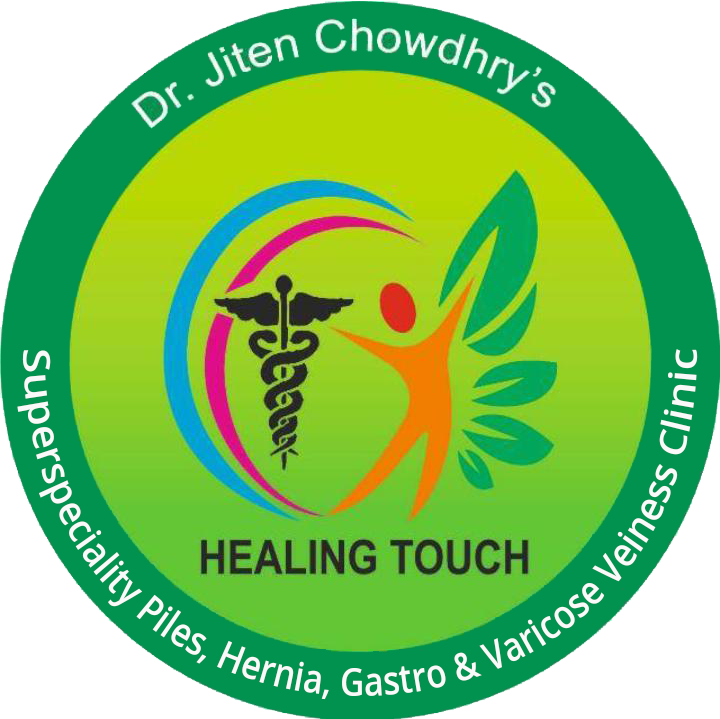Circumcision is a topic that’s been around for ages, bringing together cultural, religious, and medical viewpoints. Whether you’re a parent deciding for your child or an adult exploring the option, it’s important to have all the facts before making a choice. In this blog, we’ll break down what circumcision is, its pros and cons, and what to expect if you choose to go ahead with it.
What is Circumcision?
In simple terms, circumcision is a surgical procedure that removes the foreskin – the fold of skin covering the tip of the penis. It’s a common practice worldwide, done for various reasons including health, culture, religion, or personal preference. The procedure is usually done in infancy but can also be performed later in life.
A Glimpse into History
Circumcision isn’t new; it’s been around for thousands of years. Ancient Egyptians practiced it, and it’s a cornerstone ritual in religions like Judaism and Islam. In some cultures, it symbolizes maturity or belonging to a community.
Today, the popularity of circumcision varies. It’s common in the U.S. but less so in parts of Europe and Asia, where cultural and medical perspectives differ.
Why Do People Choose Circumcision?
Circumcision comes with potential health benefits that make it appealing to some:
Lower Risk of Infections: It can reduce the likelihood of urinary tract infections (UTIs) in infants and some sexually transmitted infections (STIs) later in life.
Easier Hygiene: Without the foreskin, it’s often easier to keep the area clean, which may lower the chance of infections.
Preventing Medical Issues: Conditions like phimosis (tight foreskin) or balanitis (inflammation of the penis) can sometimes be avoided with circumcision.
Cancer Prevention: While rare, penile cancer risk appears to be slightly lower in circumcised men.
Things to Consider
Like any procedure, circumcision isn’t without its risks and ethical questions.
Possible Risks
Discomfort During Recovery: While anesthesia is used, some discomfort after the procedure is common.
Bleeding or Infection: These are rare but possible when surgery is involved.
Complications: Though extremely uncommon, scarring or minor damage can happen.
Sensitivity Changes: Some men report altered sensation, though research on this is inconclusive.
Ethical and Personal Questions
Consent: Babies can’t decide for themselves, which raises ethical concerns for some people.
Cultural or Religious Expectations: These factors often influence the decision but may not always match the individual’s future preferences.
Non-Surgical Alternatives: For medical issues like phimosis, non-surgical treatments may work just as well.
What Happens During Circumcision?
The process varies depending on age and method, but here’s a general idea:
For Babies: The procedure usually takes about 5 to 10 minutes. Local anesthesia is applied, and tools like the Gomco clamp or Plastibell are used.
For Adults: It’s more complex and requires more recovery time. Anesthesia is used, and stitches may be needed.
Healing and Recovery
Recovery times depend on age. Babies typically heal within a week, while adults may need several weeks. Aftercare involves keeping the area clean, applying ointments, and avoiding strenuous activities.
How to Decide
Circumcision is a personal choice influenced by medical, cultural, and ethical factors. Here’s how to approach it:
For Parents
Talk to your pediatrician and consider advice from cultural or religious leaders. Reflect on the potential benefits, risks, and how your decision aligns with your values.
For Adults
If you’re considering circumcision for medical, personal, or aesthetic reasons, consult a healthcare provider to weigh your options and understand the procedure.
Final Thoughts
Circumcision is a complex topic that touches on health, culture, and personal beliefs. The key is to gather credible information, discuss your options with professionals, and make the choice that feels right for you or your child.
Looking for reliable, easy-to-understand health insights? Jiten Chowdary, has you covered. Jiten is passionate about helping people make informed decisions through clear, actionable advice.
Follow Jiten for expert takes on parenting, health trends, and more. Dive into a world of knowledge that empowers you to live your best life.


